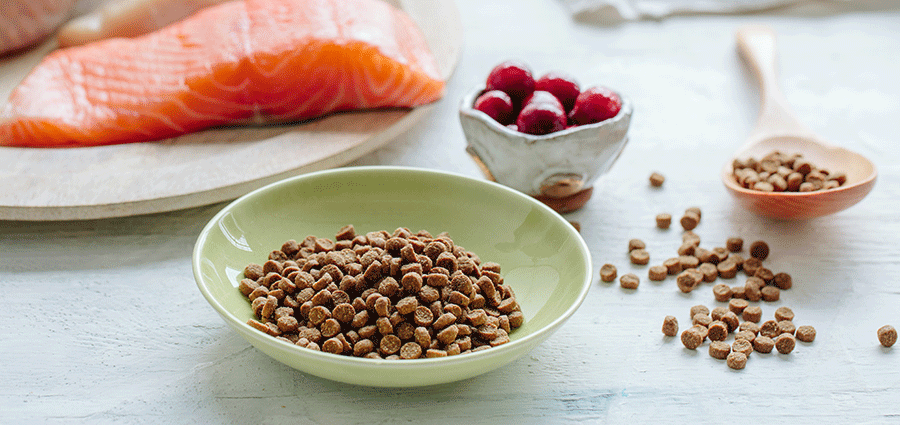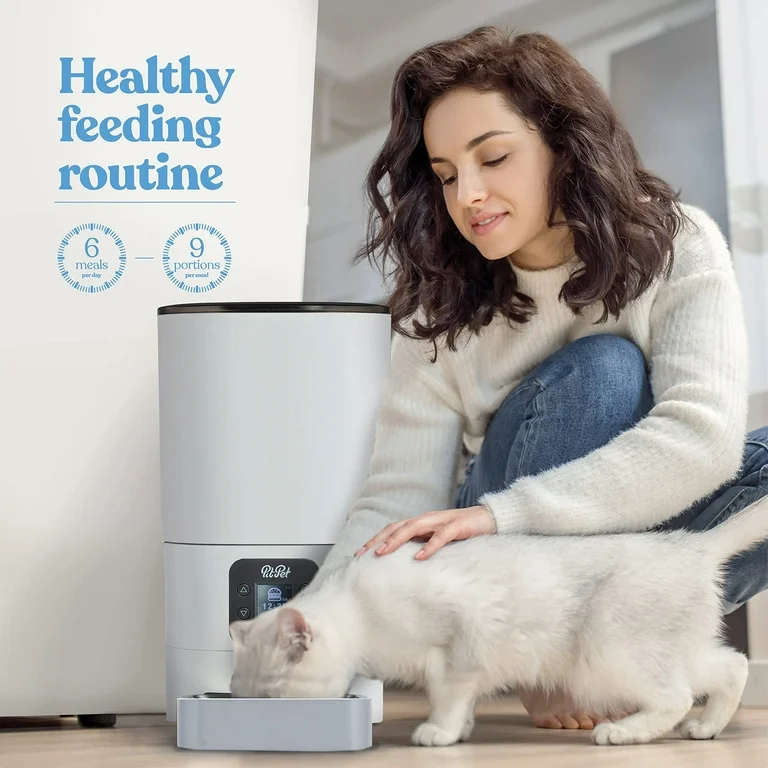
Highlander cat is a breed of the house cat described as exotic in appearance but friendly. The distinguishing characteristics of this breed are curled ears, a muscular physique, and a bobbed tail. This American bred house cat thrives on the contrast of a wild look and a gentle person, which has made it popular among so many cat enthusiasts.
RELATED: Cats: Breeds, Origins, History, and Physical Characteristics
History of the Breed
The Highlander breed was created just at the end of the millennium and is fueled by the same attributes-fierceness and beauty-although it possesses a docile temperament of a domesticated breed. This is accomplished by crossing two breeds: Desert Lynx and Jungle Curl. Combinations of unique characteristics, such as curled ears and a muscular build, that resemble that attractiveness of the wild ancestor without its wild ancestry. Further boosting the popularity of this cat breed, in 2008, The International Cat Association (TICA) issued official recognition to this breed.
Physical Description
Highlanders are quite attractive due to their features, which include:
- Size and Build: Highlanders are a medium to large-sized cat species. They have a muscular and athletic body. Males typically weigh between 15-20 pounds. Females weigh 10-15 pounds.
- Rolled Back Ears: A very defining feature of the breed is that the ears curl back giving the Highlander a really unique look. The curls within an ear may vary and can also slightly differ within the same cat.
- Eyes and Face: The eyes of the Highlander are large with expressive power. Often, there are shades of colour in the eyes to complement their coat color. Their head can be slightly rounded, with the jawline remarkably strong, which adds to the “wildcat” looks.
- Tail: Some Highlanders are born with a naturally short or bobbed tail, which only enhances their appearance.
- Coat and Colours: Highlanders come in a short-haired variety as well as a long-haired variety. The fur is soft and silky, and they can be found in an extensive range of colors and patterns. These include tabby, lynx points, and a range of solid colours.
Temperament
Despite their rather rugged appearance, Highlanders are affectionate, playful, and adore contact with their family. Here’s what you may expect:
- Affectionate and Loyal: Generally, Highlanders tend to be loyal and affectionate towards their owners. They love to be part of family activities though having a very people-oriented nature.
- Playful and Energetic: The dogs are truly very energetic, and they are very playful. Highlanders take pleasure in climbing, exploring, and playing interactive games that make them really suitable for households that are active.
- Sociable and Friendly: Highlanders are friendly, sociable, and very compatible with other pets and children. These animals are gentle and patient, making them an ideal pet for families.
- Curious and Intelligent: Highlanders are naturally curious animals who love problem-solving games and even mental stimulation. Such brainwork can be addressed with the help of puzzle toys and interactive games as well as sufficient playtime.
- Highlander cat requires: A Highlander cat requires constant care, from grooming and diet to special attention toward social and mental needs. Here are some of the most important care tips:
RELATED: Care Tips for the Siamese Cat Breed
Care
Grooming
- Coat Care: Highlanders require relatively low grooming needs as the coat is either short or medium-length. Weekly brushing is generally enough to maintain healthy fur and prevent shedding.
- Ear Care: Because their ears are folded in, ear care must be gentle and more frequent. Nothing should ever be put into the ear canal, and only a soft cloth or a vet-approved ear cleaner should be used for cleaning the outer ear.
- Nail Trimming: Trimming the nails at regular periods can also help to avoid the overgrowth and complications caused by scratching.
Nutrition
High-quality food for their body, muscle, and energy is needed by highlanders. Feed them high-quality cat food rich in protein, vitamins, and minerals. Consult your veterinarian over specific dietary requirements so that you may put together a balanced diet based on the age, size, and level of activity.
Health and Wellness
Routine checks-ups Highlanders are basically healthy cats, but they may be inclined to some of the common feline issues like obesity or dental disease. It is important that any cat be checked up by a vet at least periodically.
- Physical and mental stimulation: Highlanders are active cats that require daily physical and mental stimulation. Interactive toys and climbing trees, or proper scratching posts, can keep them interested and prevent boredom.
- Dental Care: Regular dental hygiene, either in the form of brushing or dental chews/treats, are essential to help avoid periodontal diseases, which could be equally common among cats.
Common Health Issues
Overall, Highlanders are robust and healthy dogs. However, like all breeds, they can be subject to some health issues. Regular veterinary check-ups will help in the early detection of potential problems. Here are some of the health concerns one must pay heed to:
- Obesity: Highlanders are at an athletic build, but they can gain too much weight if they do not exercise enough. Nutrition and regular exercise
- Dental Issues: In common with many domestic cats, Highlanders are likely to be prone to dental diseases. Oral care through periodical teeth cleaning or dental chew support.
- Ear Infections: Due to the shape of their ears, the Highlanders may be more prone to ear infections. Regular ear cleaning and check-ups should be done to watch out for infection signs.
RELATED: 7 Adorable Flat-Faced Cat Breeds with the Cutest Smooshed Faces
Livestock Needs
Highlanders are excellent indoor animals as they will fit right into family activities. They love interactive play and can easily adapt to apartment living or larger homes. Spaces for climbing, scratching, and even cubbies to hide in can really be added to enhance the environment and fulfill their natural instincts. They also like interactive play with family.
The Highlander is an excellent cat for any person or family seeking a playful and affectionate pet. Their lively, active personality makes them suitable for families with toddlers and other pets or for any household that can deliver constant socialization and playtime. Anyone considering this cat entering their lives needs to be prepared for an affectionate cat that thrives on attention but needs some interaction. The Highlander will be a very rewarding addition for any lively, interactive home.
Final Thoughts
Highlander cats are surely a unique breed that will capture the heart. With such a wild and exotic look and being affectionate, they are a fabulous breed for those who are cat lovers. Other than loyalty, playfulness, and an outgoing personality, combined together, Highlander excels in the exactness in terms of appearance and character. Due to proper care, exercise, and mental stimulation of a Highlander cat, a wonderful member can be made for a home.
Whether you like their unique appearance or loyalty, Highlanders will surely win over your heart and fill your life with friendship, warmth, and infinite energy.





